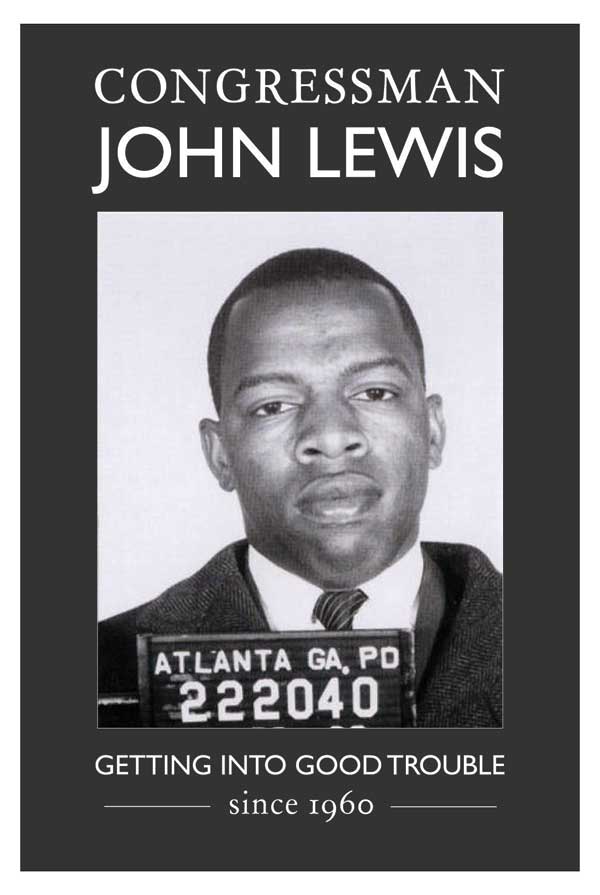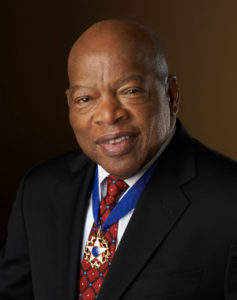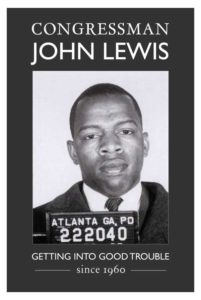We continue to debate the pros and cons of the Iran deal during the 60-day review period preceding the vote in Congress. I read the article about the rabbis signing a letter opposing the Nuclear Agreement and the interesting points made by my colleagues. I am among those rabbis who signed the other public letter in support of the Nuclear Agreement, based on what I believe was a thoughtful deliberative process. But beyond pro and cons, there are three very important Jewish issues that spring from this situation and they not include who has more signers and join my voice to the growing number who share these concerns.
First, we have close to two thousand rabbis now, who care deeply enough about the issue to place their names publicly identifying how they feel. Secondly we have the opportunity to raise the quality of the debate. Third, we need to discuss how we constructively move forward in the aftermath of this process.
I am pleased that we live in a place where we feel comfortable enough with our station to engage in a political conversation that affects us as Americans and Jews and supporters of Israel. This ability to actively and vocally participate in the public square is one of the great blessings of living in the United States.
Second, I have been deeply concerned that the discussions about the deal have devolved into a nasty shouting match filled with vitriol. Therefore the shouting detracts from us as Klal Yisrael. As President Lincoln declared, “A house divided against itself cannot stand,” and so too it is with us. As a people we have always wrestled with issues. Our holiest texts engage us in these contests with other people and often with the Divine. It is a proud tradition that compels us to grow because we are required to listen to the counter argument or alternative interpretation. Our Talmud preserves the minority view for a distinct purpose, namely for us to learn from the disputation process, that even the ultimately rejected view carries weight and is deserving of respect. We are elevated when our conversations are “for the sake of heaven, Makhloket l’Shem Shamyim,” and we are debased when they are not.
Third and finally, regardless of our individual positions, the United States will move forward in one way or the other. We need to start reaching out to each other now to rebuild the bonds of fellowship that have been deeply shaken. We also must be practical and pragmatic working on behalf of the things we care about, namely the United States and Israel, ensuring this alliance remains unshakable and both are fully capable of defending itself from all threats, including from Iran.
Despite the passion that so many have on this issue, at the end of the day, we are one people. Now is a very good time for us to remind ourselves of this. We must not let the differences of opinions detract from our responsibility to respect each other. This is a pledge we all can sign.
 The election has many of us anxious, unsure of what will happen to us next, fearful that strides we have made will be stripped away.
The election has many of us anxious, unsure of what will happen to us next, fearful that strides we have made will be stripped away.





